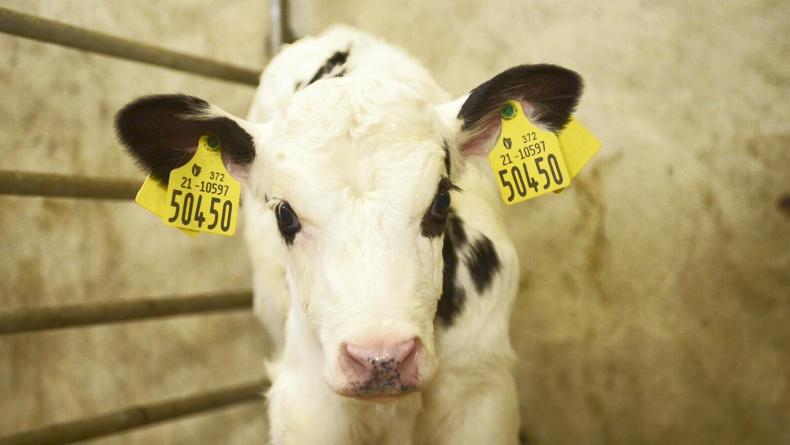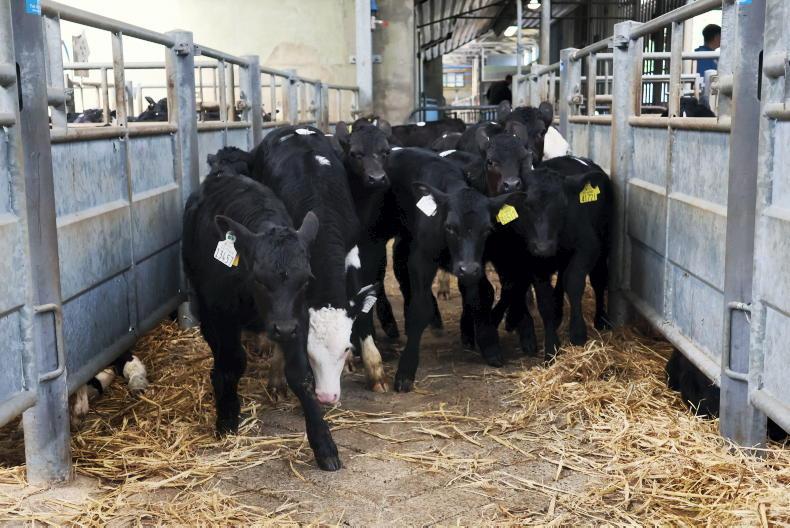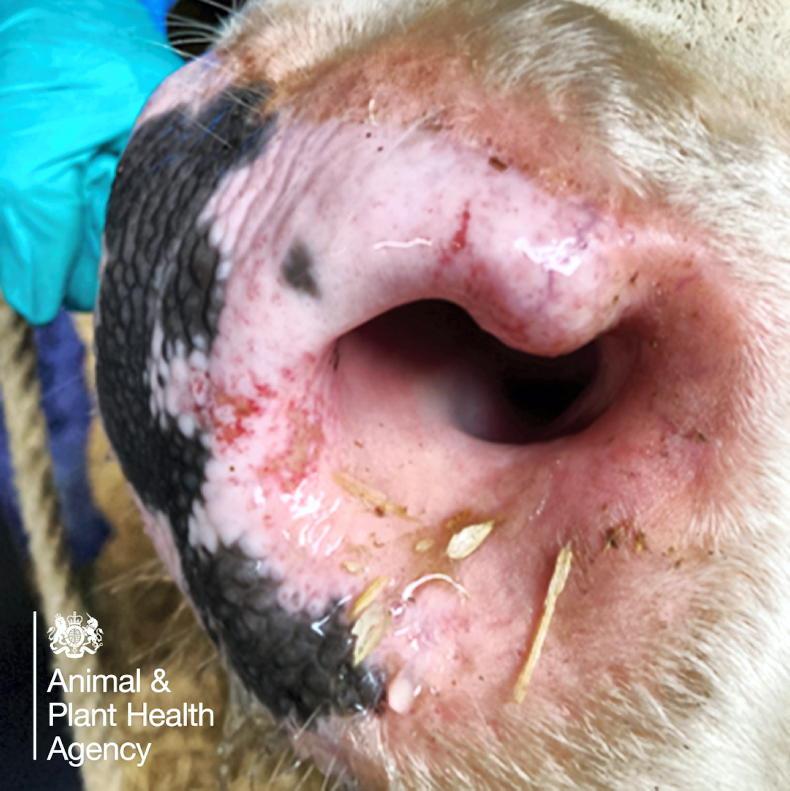Calf exports fell last week, with exporters reporting slow orders from veal farms in Holland and Spain.
The drop-off in demand is due to disruption in those markets by the coronavirus pandemic. Exporters say that numbers this week will again be affected.
The total exported last week was 8,539 head, down from 13,556 the week before and 14,779 in the same week of last year.
The problems in Holland and Spain include the closure of restaurants and other food service outlets as governments battle coronavirus.
Veal outlets
Therefore, processors have lost a significant outlet for their veal products. Some veal farms are having difficulty getting finished stock slaughtered, meaning they are not in a position to buy in and restock.
In addition, veal farmers are worried about prices ahead and profitability.
The Spanish market has been relatively slow since the start of the year, but Holland has, until now, shown good demand.
Here, the closure of marts last week was an inconvenience to exporters, but did not restrict export numbers.
Instead, it meant that exporters are, in the words of one operator, “burning diesel driving around to get twos and threes”.
Calf exports to date to all markets total 74,204, according to Department of Agriculture figures.
Read more
Coronavirus: farmers over 70 allowed to work in certain cases
‘Remove that video straight away’ - farmer reports PETA
Boost for butchers in COVID-19 lockdown
Calf exports fell last week, with exporters reporting slow orders from veal farms in Holland and Spain.
The drop-off in demand is due to disruption in those markets by the coronavirus pandemic. Exporters say that numbers this week will again be affected.
The total exported last week was 8,539 head, down from 13,556 the week before and 14,779 in the same week of last year.
The problems in Holland and Spain include the closure of restaurants and other food service outlets as governments battle coronavirus.
Veal outlets
Therefore, processors have lost a significant outlet for their veal products. Some veal farms are having difficulty getting finished stock slaughtered, meaning they are not in a position to buy in and restock.
In addition, veal farmers are worried about prices ahead and profitability.
The Spanish market has been relatively slow since the start of the year, but Holland has, until now, shown good demand.
Here, the closure of marts last week was an inconvenience to exporters, but did not restrict export numbers.
Instead, it meant that exporters are, in the words of one operator, “burning diesel driving around to get twos and threes”.
Calf exports to date to all markets total 74,204, according to Department of Agriculture figures.
Read more
Coronavirus: farmers over 70 allowed to work in certain cases
‘Remove that video straight away’ - farmer reports PETA
Boost for butchers in COVID-19 lockdown










SHARING OPTIONS